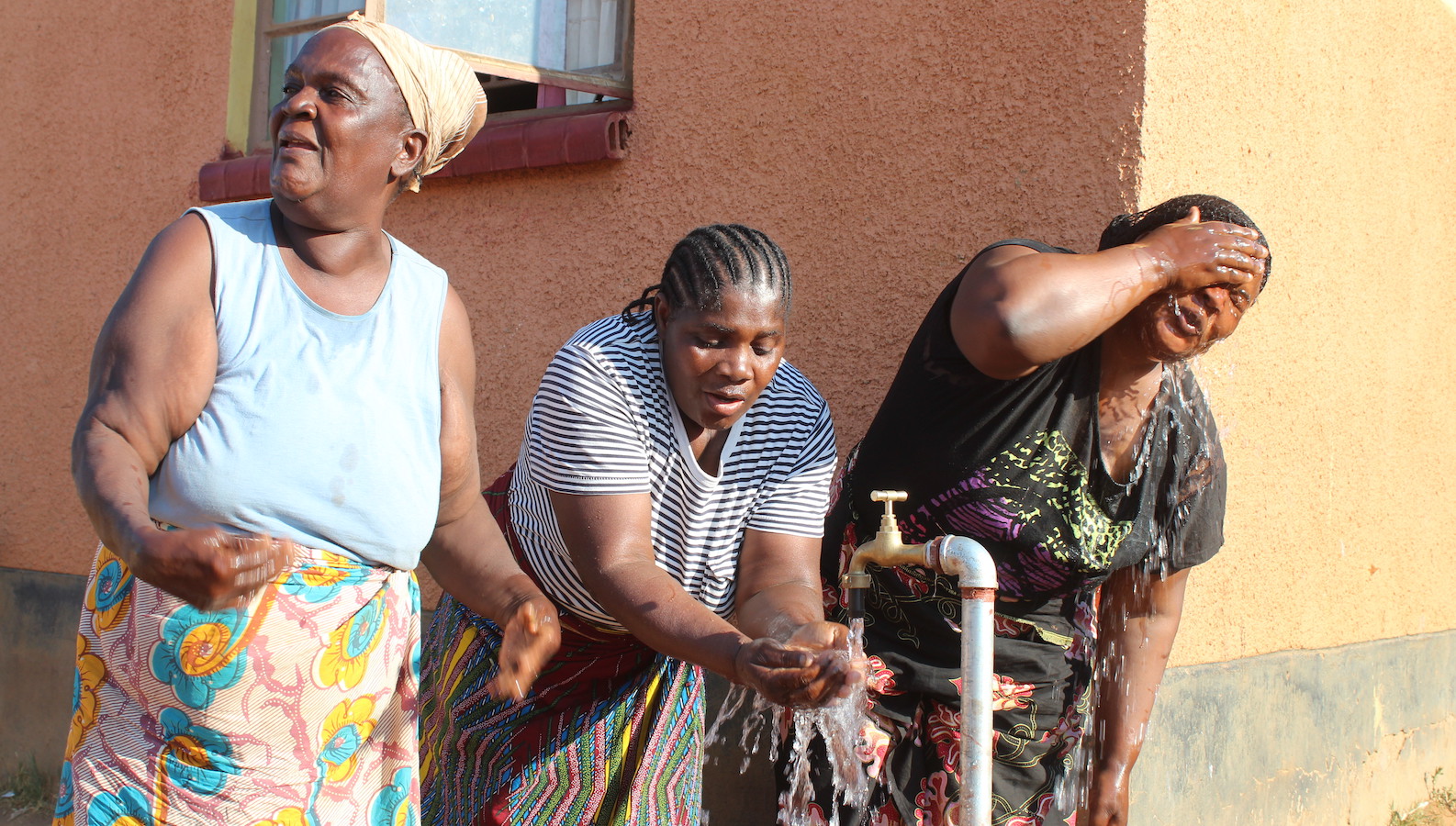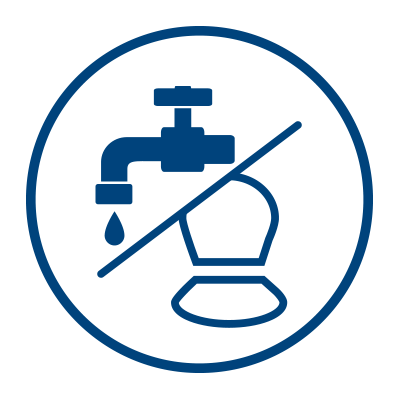Strengthening Zambia’s WASH Infrastructure Improves Health, Changes Lives

The Story
The Millennium Challenge Corporation’s (MCC’s) Zambia Compact provided $355 million to improve the water supply, sanitation, and drainage infrastructure in the capital city of Lusaka. It also supported the government’s ongoing water sector reform efforts by strengthening partner institutions and facilitating potential private sector investment opportunities. Approximately 1.2 million Zambians are expected to benefit from these investments over the next 20 years.
MCC’s engagement tackled Lusaka’s water sector challenges through targeted programs. A major portion of MCC’s investment focused on the rehabilitation of Lusaka’s core water supply network, including measures to reduce water leakage and illegal hookups. The compact also invested in sanitation and drainage infrastructure to decrease the burden of water-related disease, the time spent by citizens collecting water, and the losses incurred by business and households during flood events. The U.S. Army Corps of Engineers supported MCC in the procurement of feasibility and design studies for the infrastructure projects.
The compact’s work to strengthen water and sanitation institutions built on more than 15 years of reform in the sector during which Zambia developed a viable utility, an independent regulator, and a sound legal and regulatory structure. The compact provided technical assistance to continue these reform efforts, improve sector management, and enhance sustainability. Both the water utility and the local government received gender and social inclusion training, as well as assistance for education and communications campaigns to ensure that women and vulnerable populations would benefit from MCC’s investments. Institutional support also aimed to increase both innovation in pro-poor service delivery and diversity of thought about ideas and potential solutions through grants to community-based organizations, civil society, and the private sector.
Find More
Strategic Objective(S)
 Access to Safe Drinking Water and Sanitation
Access to Safe Drinking Water and Sanitation
 Governance and Financing
Governance and Financing





Highlight